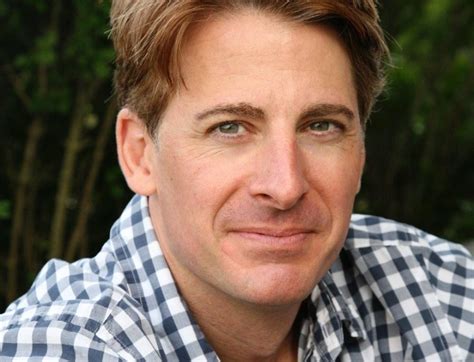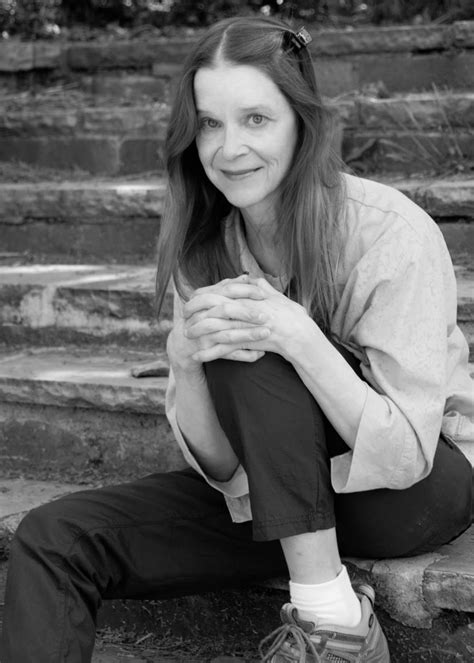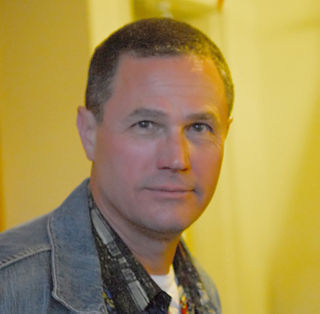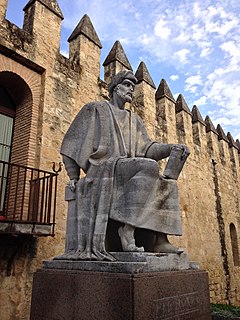A Quote by John Burnham Schwartz
I have long admired the visceral storytelling and moral complexity of John Vaillant’s brilliant non-fiction about humankind’s tragically ambivalent relationship with the natural world. Now he brings his abundant literary gifts to a debut novel set in a very real borderland in which human beings are themselves treated like animals. The Jaguar’s Children is a beautifully rendered lament for an imperiled culture and the brave lives that would preserve it. You should read it.
Quote Topics
About
Abundant
Admired
Ambivalent
Animals
Beautifully
Beings
Brave
Brilliant
Brings
Children
Complexity
Culture
Debut
Fiction
Gifts
His
Human
Human Being
Human Beings
Humankind
John
Lament
Like
Literary
Lives
Long
Moral
Natural
Natural World
Non-Fiction
Novel
Now
Preserve
Read
Real
Relationship
Rendered
Set
Should
Storytelling
Themselves
Treated
Very
Visceral
Which
World
Would
Related Quotes
Everybody should read fiction… I don’t think serious fiction is written for a few people. I think we live in a stupid culture that won’t educate its people to read these things. It would be a much more interesting place if it would. And it’s not just that mechanics and plumbers don’t read literary fiction, it’s that doctors and lawyers don’t read literary fiction. It has nothing to do with class, it has to do with an anti-intellectual culture that doesn’t trust art.
In The Jaguar's Children we enter the dangerous borderlands between countries and generations; myth and magic; human community and the vast, infinitely mysterious, wild environment. Here, John Vaillant proves that his heart and imagination are as expansive and fierce as his radiant intellect. Never have I encountered a writer with more energy or compassion.
In a way, human beings have never been part of the natural order; we're not biological in the normal sense. Normal biological animals stop eating when they're not hungry and stop breeding when there is no sense in breeding. By contrast, human beings are what I think of as "biomythic" animals: we're controlled largely by the stories we tell. When we get the story wrong, we get out of harmony with the rest of the natural order. For a long time, our unnatural beahvior didn't threaten the natural world, but now it does.
We need to repent of our willing cooperation in our money-centered culture, which is depleting the natural resources that God designed for all humankind. He gave us a good earth. Let us serve him by helping to preserve it for our children. 'A good man leaves an inheritance for his children's children' (Proverbs 13:22 ).
It remains a mystery to me why some of that [pulp] fiction should be judged inferior to the rafts and rafts of bad social [literary] fiction which continues to be treated by literary editors as if it were somehow superior, or at least worthier of our attention. The careerist literary imperialism of the Bloomsbury years did a lot to produce fiction's present unseemly polarities.
The world is a better place to live in because it contains human beings who will give up ease and security in order to do what they themselves think worth doing. They do the useless, brave, noble, divinely foolish, and the very wisest things that are done by Man. And what they prove to themselves and to others is that Man is no mere creature of his habits, no automaton in his routine, but that in the dust of which he is made there is also fire, lighted now and then by great winds from the sky.
If someone does learn about the world from reading a novel of mine, that makes me very happy. It's probably not what brings me into the novel in the first place - I usually am pulled in by some big question about the world and human nature that I'm not going to resolve in the course of the novel. But I'm very devoted to getting my facts straight.
People create the illusion of acting natural, which is what I think most documentarians do in part because of the direct cinema orthodoxies that came into play really in the '60s. That moment of performance is a tremendous opportunity to make visible something hitherto invisible, which is how people want to be seen. How do they see themselves? What are the scripts, fantasies, genres by which they imagine themselves? How is storytelling part of what we are as human beings? We wouldn't kill each other en masse if it weren't for storytelling. We wouldn't be able to live with ourselves.






































